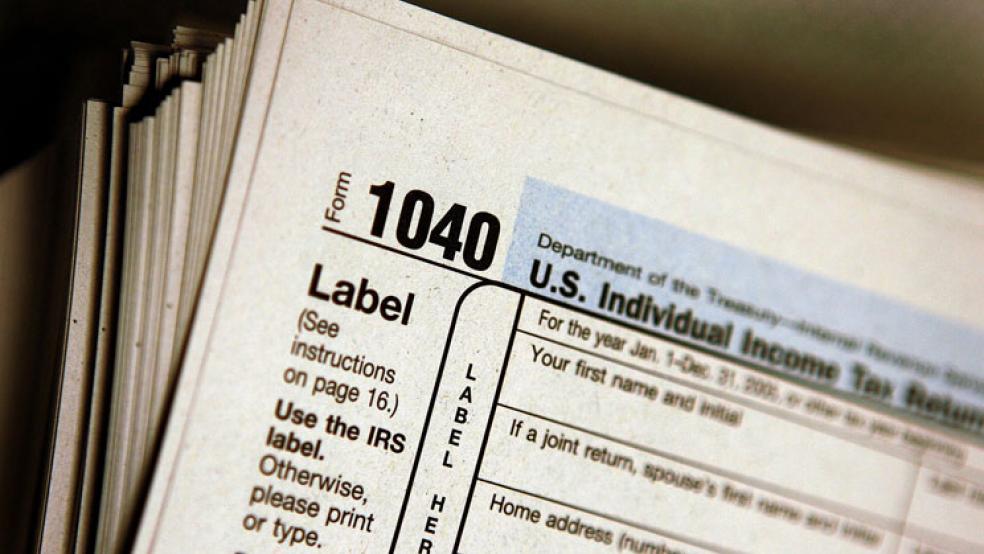National Taxpayer Advocate Nina Olson thinks the IRS should provide more relief to people who failed to withhold enough money from their paychecks in 2018. While the tax agency is offering some relief on penalties for under-withholders, Olson said Wednesday that it should offer more assistance as Americans tally up their taxes for the first time under the rules created by the 2017 GOP tax law.
Taxpayers faced more uncertainty last year due to the new rules, and most filers did not adjust their withholding levels once the hastily passed law took effect. The Treasury Department estimates that several million more people will find that they under-withheld on their 2018 taxes compared to the year before, thereby owing the IRS money and possibly facing fines for underpayment. (Treasury also estimates that several million fewer taxpayers have over-withheld, and thus will be receiving smaller or no refund checks. The General Accounting Office wrote about the issue here.)
Recognizing that more people will owe payments due to the new tax law, the IRS said in January that it would waive the underpayment penalty for those who paid at least 85 percent of what they owed. In most years, the penalty threshold is 90 percent.
Olson told a House Ways and Means Committee subpanel Wednesday that the tax agency should do more: “I think the IRS should do whatever is within its administrative ability to provide relief. If Congress could take some action on that … that would be excellent. I just think that would calm everybody down.” Olson pointed out that Congress waived all withholding penalties in the first year after the 1986 tax-reform bill.
Some lawmakers agree. Rep. Judy Chu (D-CA) introduced the Taxpayer Penalty Protection Act last month, which would waive penalties for filers who paid at least 80 percent of what they owe for 2018. The bill, which is supported by 14 House members and has been introduced in the Senate by Sen. Kirsten Gillibrand (D-NY), has been endorsed by the non-partisan American Institute of Certified Public Accountants.




